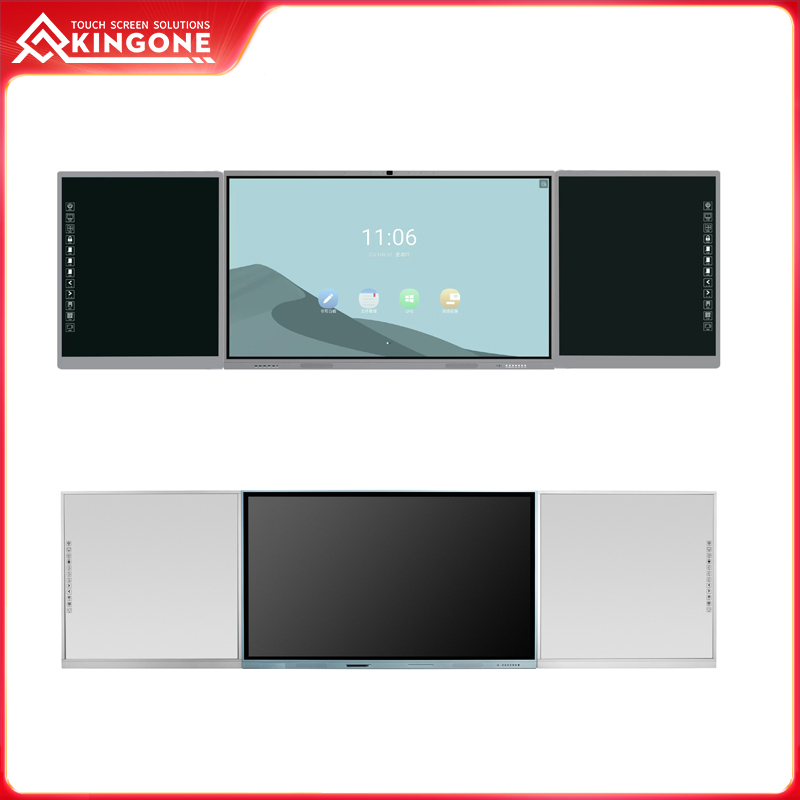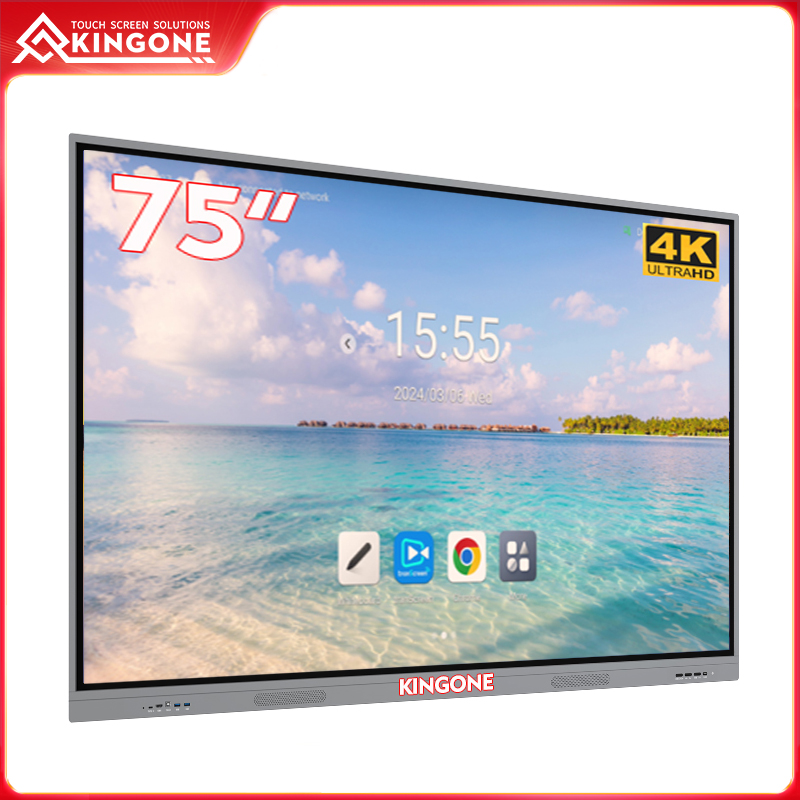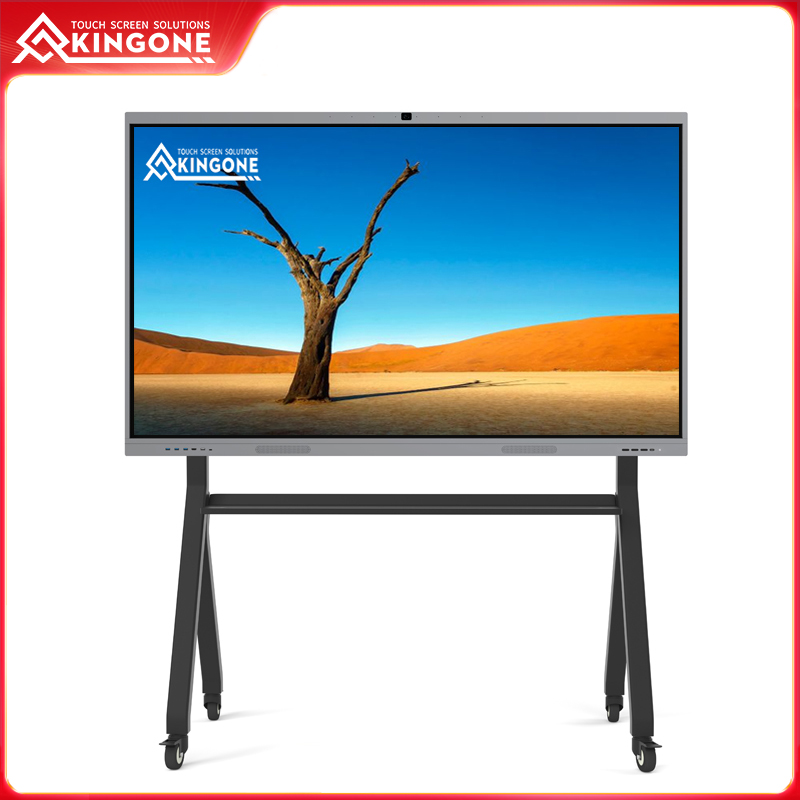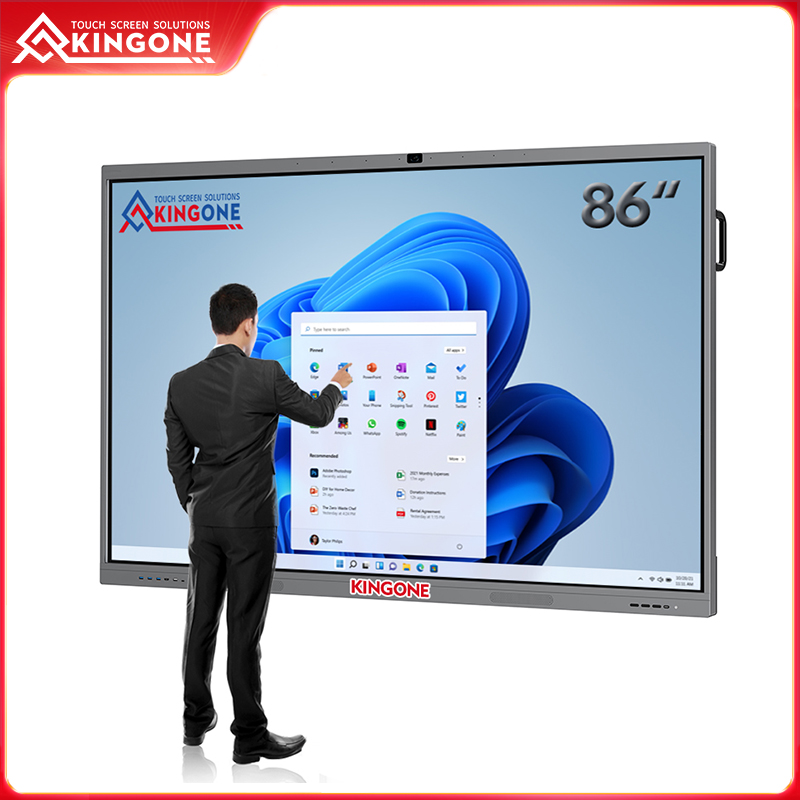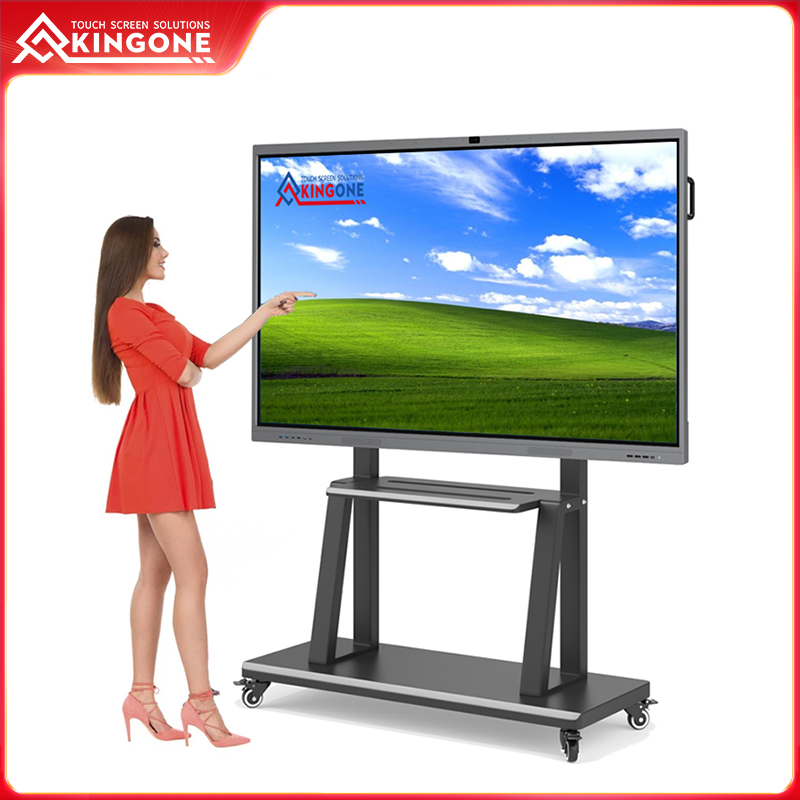Touch smart guide screen: shaping efficient public navigation
Published:
2024-10-21 16:04:01
Discover how touch smart guide screens are enhancing public navigation with intuitive and efficient wayfinding solutions.
In today's increasingly digital world, significant changes are taking place in the way we navigate and interact with public spaces. Touch-enabled smart navigation screens are at the forefront of this revolution, providing users with a seamless and intuitive navigation experience. Whether in hospitals, airports, shopping malls, or university campuses, these advanced navigation screens greatly optimize the wayfinding experience and increase visitor satisfaction. Let’s dive into the world of touch-enabled smart navigation screens and explore their benefits, functionality, and impact on society.
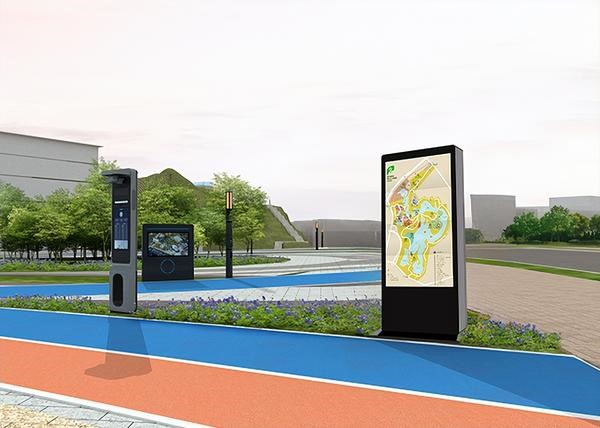
What is a touch smart navigation screen?
Touchscreens are interactive, infrared, or capacitive touchscreen devices that are strategically placed in public spaces to assist visitors in finding their desired destination. These navigation screens provide real-time, location-based information and guidance, making it easier for people to navigate complex environments.
Benefits of touch smart navigation screen
1. Optimized user experience
The touch smart navigation screen has an intuitive design and friendly interface, which significantly improves the user experience. Visitors can quickly search for destinations, view detailed maps, and get personalized directions, reducing stress and confusion.
2. Improve efficiency
The touch smart navigation screen provides efficient routes and smoothes traffic in public spaces, which not only saves time for visitors but also improves overall operational efficiency.
3. Reduce labor costs
By providing self-service navigation, touch-enabled smart navigation screens save organizations money by minimizing the need for additional staff to assist with directions.
4. Customizable and scalable
Smart navigation screens can be easily customized to fit the specific needs of any venue and can be adjusted to the size and type of space.
5. Real-time updates
The touch-enabled smart navigation screen updates in real time to immediately reflect changes to routes, construction areas, or points of interest.
Features of touch smart navigation screen
1. Touch screen interface
The responsive touchscreen interface makes it easy for users of all ages and technical abilities to interact with the navigation screen.
2. Multi-language support
The touch smart navigation screen can support multiple languages to meet the needs of different types of visitors.
3. Accessible options
Many navigation screens offer accessibility options, such as voice navigation and large text, ensuring accessibility for all users.
4. Integration with mobile devices
Some touch smart navigation screens can connect with users' mobile devices to achieve seamless transmission of directions and information.
5. Analysis and reporting
Organizations can benefit from analytics and reporting capabilities that provide insights into user behavior, popular destinations, peak times, and more.
Impact on public space
1. Airport
Touch-enabled smart navigation screens are becoming an important feature at airports, helping travelers navigate the terminal, find boarding gates, and locate facilities such as restaurants and restrooms.
2. Hospital
In hospitals, touch-enabled smart navigation screens help patients and visitors find their way to departments, clinics, and parking areas, reducing stress during difficult times.
3. Shopping mall
For shopping malls, touch-enabled smart navigation screens help visitors locate stores, restrooms, and food courts, enhancing the overall shopping experience.
4. Education campus
Universities and colleges use navigation screens to help students and visitors navigate large campuses, making it easier to find classrooms, libraries, and other facilities.
In conclusion
Touch-enabled smart navigation screens are changing the way we navigate public spaces, making them more accessible, efficient, and user-friendly. As technology continues to advance, we can expect these navigation screens to become more sophisticated, improving the experience in the built environment. The future of navigation is here, and it's digital.
 English
English

